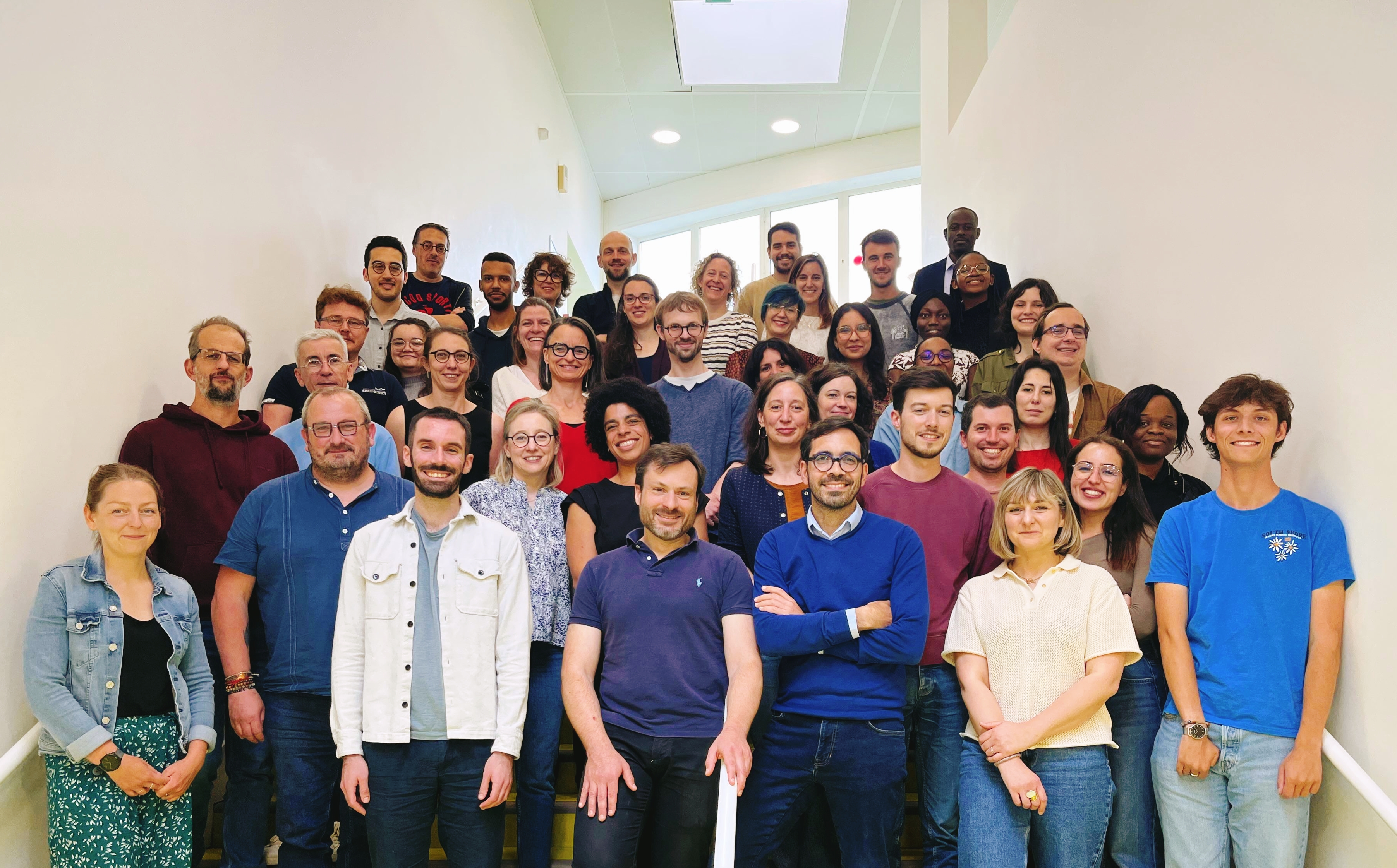
SPHERE Summer Science Day in Tours
On Thursday 5 June 2025, all the members of SPHERE met up in Tours!
The morning's programme included a review of the unit's flagship projects over the last few years, which gave rise to a wide range of discussions. 🗣️
After a convivial lunch, the afternoon was devoted to presentations on a variety of subjects:
🧑🎓 Presentation by new doctoral students of their thesis topic
🔎 Scientific projects or work (interdisciplinarity in the context of end-of-life care, creation of a well-being and safety scale for patients ventilated in intensive care, or patient-centred assessment criteria for evaluating post-resuscitation syndrome)
👦News from the unit's Young Researchers group
🌏Feedback from the ecological transition working group
A day rich in discussions and exchanges!
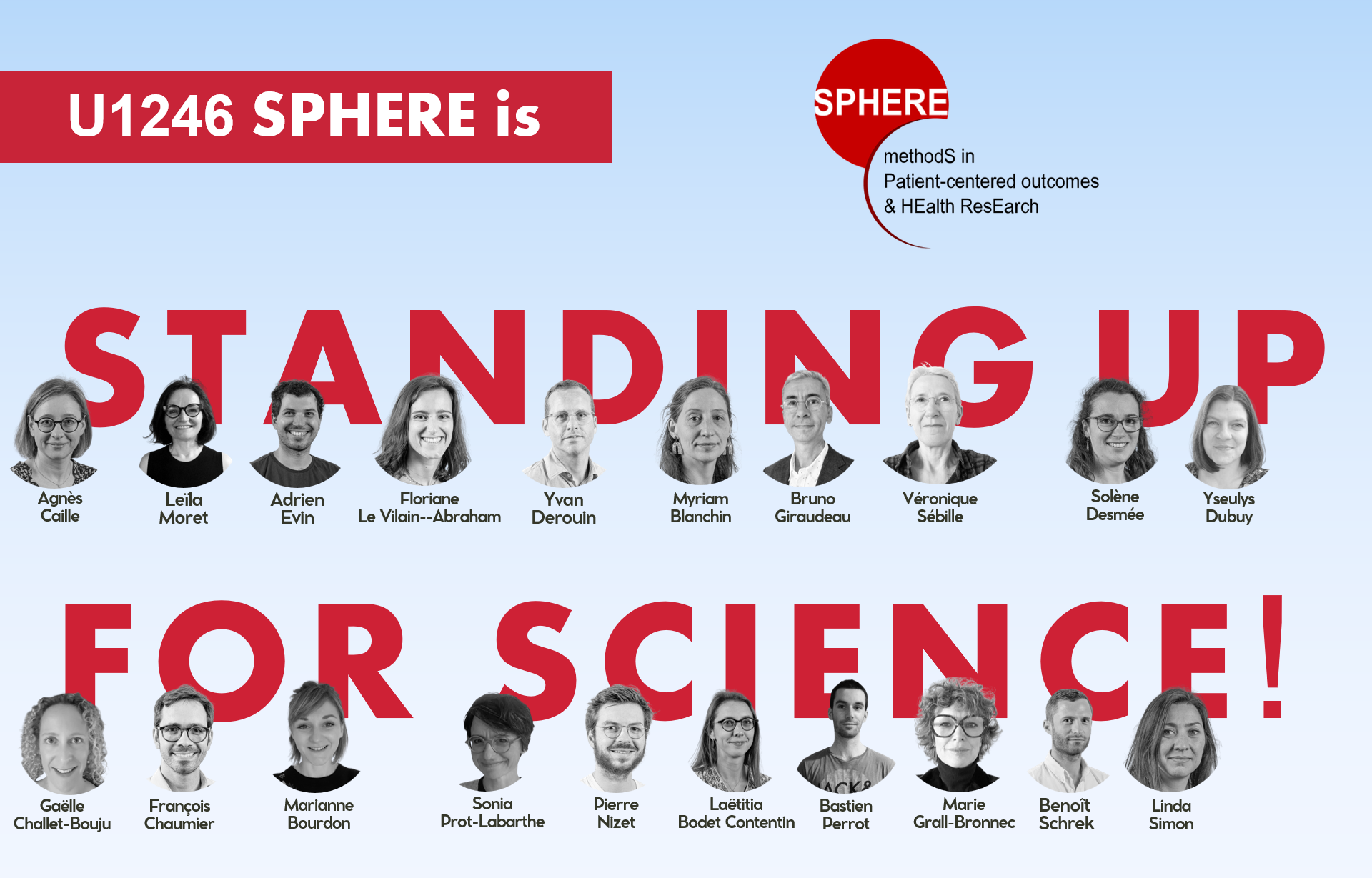
SPHERE expresses its deep commitment to academic and scientific freedom and the dissemination of knowledge and supports the 'Stand Up for Science' movement
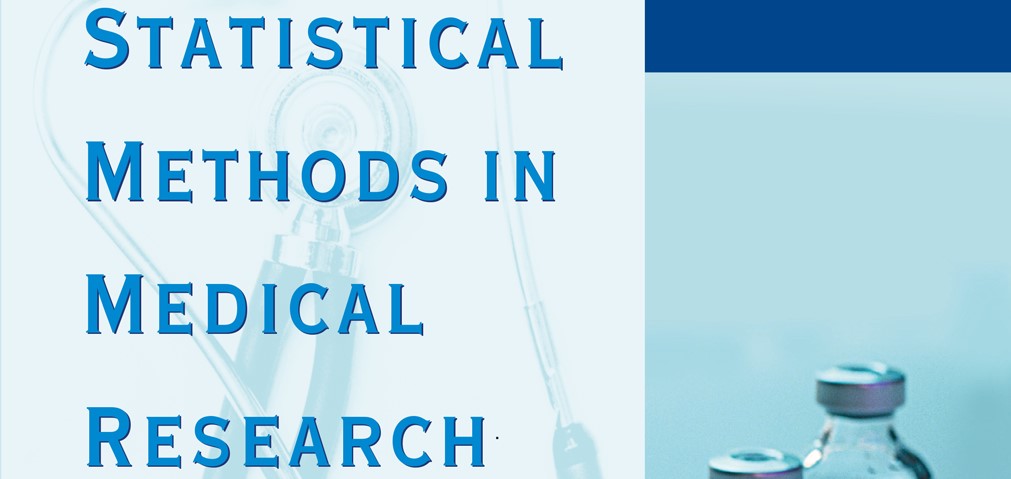
Restricted mean survival time to estimate an intervention effect in a cluster randomized trial
For time-to-event outcomes, the difference in restricted mean survival time is a measure of the intervention effect, an alternative to the hazard ratio, corresponding to the expected survival duration gain due to the intervention up to a predefined time t*. We extended two existing approaches of restricted mean survival time estimation for independent data to clustered data in the framework of cluster randomized trials: one based on the direct integration of Kaplan-Meier curves and the other based on pseudo-values regression. Then, we conducted a simulation study to assess and compare the statistical performance of the proposed methods, varying the number and size of clusters, the degree of clustering, and the magnitude of the intervention effect under proportional and non-proportional hazards assumption.
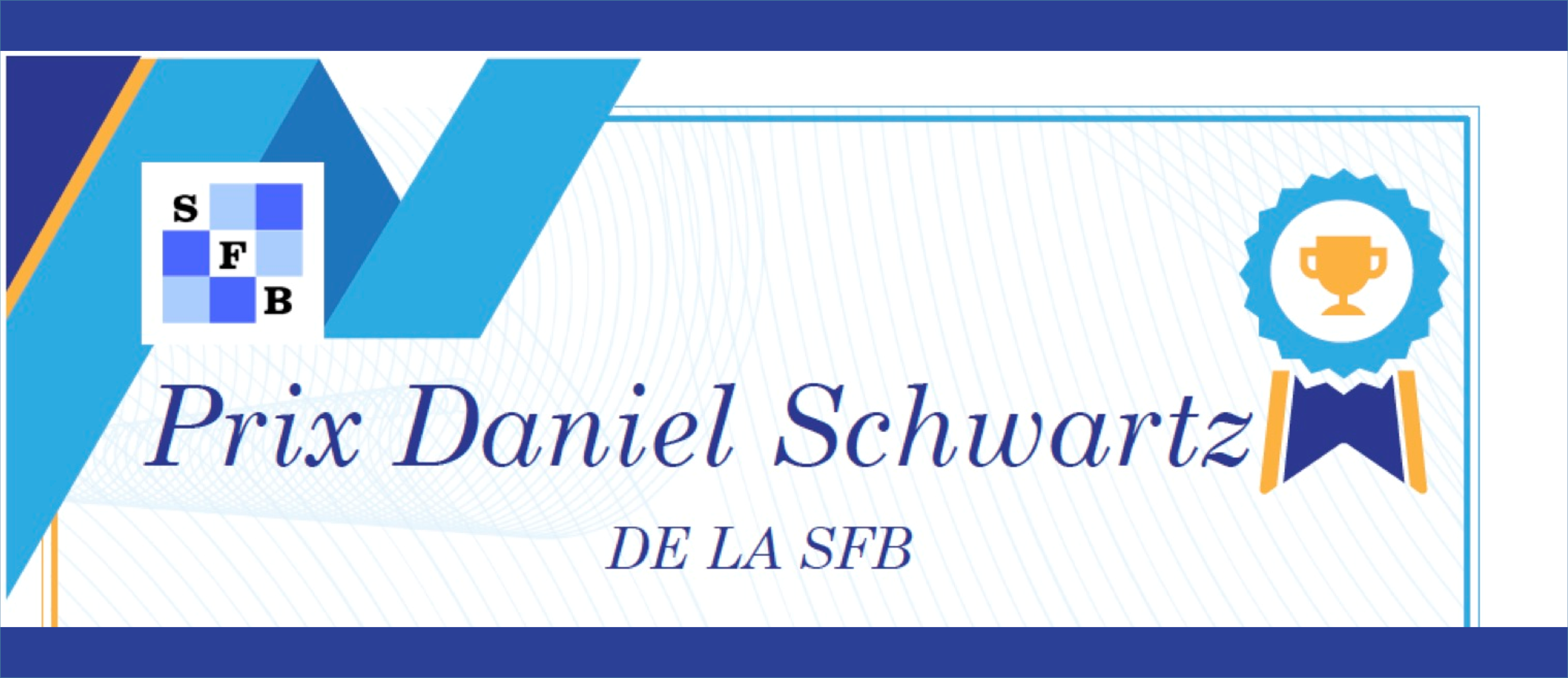
Arthur Chatton and Marion Kerioui received the 2022 Daniel Schwartz award for their thesis !
The 2020-2022 thesis prize «Daniel Schwartz», founder of the French Society of Biometrics, French component of the International Biometric Society (IBS), was awarded to two spherian doctoral students: Arthur CHATTON and Marion KERIOUI
They were invited to present their research at the Journée Jeunes Chercheur.e.s of the Société Française de Biométrie, held in Rennes on 19 January 2023.
Congratulations to both of you!
Enhancing Emotional Skills of Managers to Support the Return to Work of Cancer Survivors: A Research Opinion Focusing on Value, Feasibility and Challenges
Posttraumatic growth inventory: challenges with its validation among French cancer patients
Heterogeneity in pragmatic randomised trials: sources and management
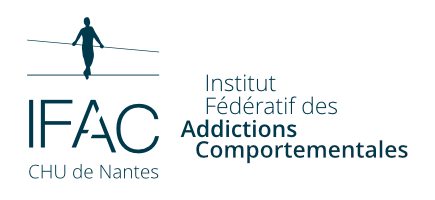
Impact of wagering inducements on the gambling behaviors of online gamblers: a longitudinal study based on gambling tracking data
Aims. To estimate whether the use of wagering inducements has a significant impact on the gambling behaviors of online gamblers and describe this temporal relation under naturalistic conditions. Design. This longitudinal observational study is part of the second stage of the Screening for Excessive Gambling Behaviors on the Internet (EDEIN) research program. Setting. Gambling tracking data from the French national online gambling authority (poker, horse race betting and sports betting) and from the French national lottery operator (lotteries and scratch games). Participants. A total of 9306 gamblers who played poker, horse race or sports betting and 5682 gamblers who played lotteries and scratch games completed an online survey. The gender ratio was largely male (around 90% for poker, horse race betting and sports betting and 65% for lotteries). Median age ranged from 35 (sports betting) to 53 (horse race betting and lotteries). Measurements. The survey used the Problem Gambling Severity Index (PGSI) to determine the status of the gamblers (at-risk or not). Gambling tracking data included weekly gambling intensity (wagers, deposits), gambling frequency (number of gambling days), proxies of at-risk gambling behaviors (chasing and breadth of involvement), and use of wagering inducements. Findings Use of wagering inducements was associated with an increase of gambling intensity (β between -0.06 [-0.08;-0.05] and 0.57 [0.54;0.60]), gambling frequency (β between 0.12 [0.10;0.18] and 0.29 [0.28;0.31]), and at-risk gambling behaviors (odds ratio between 1.32 [1.16;1.50] and 4.82 [4.61;5.05]) at the same week of their use. This effect was stronger for at-risk gambling behaviors and at-risk gamblers. Conclusions. Wagering inducements may represent a risk factor for developing or exacerbating gambling problems.
gambling tracking data, online gambling @Sphere_U1246
@Sphere_U1246